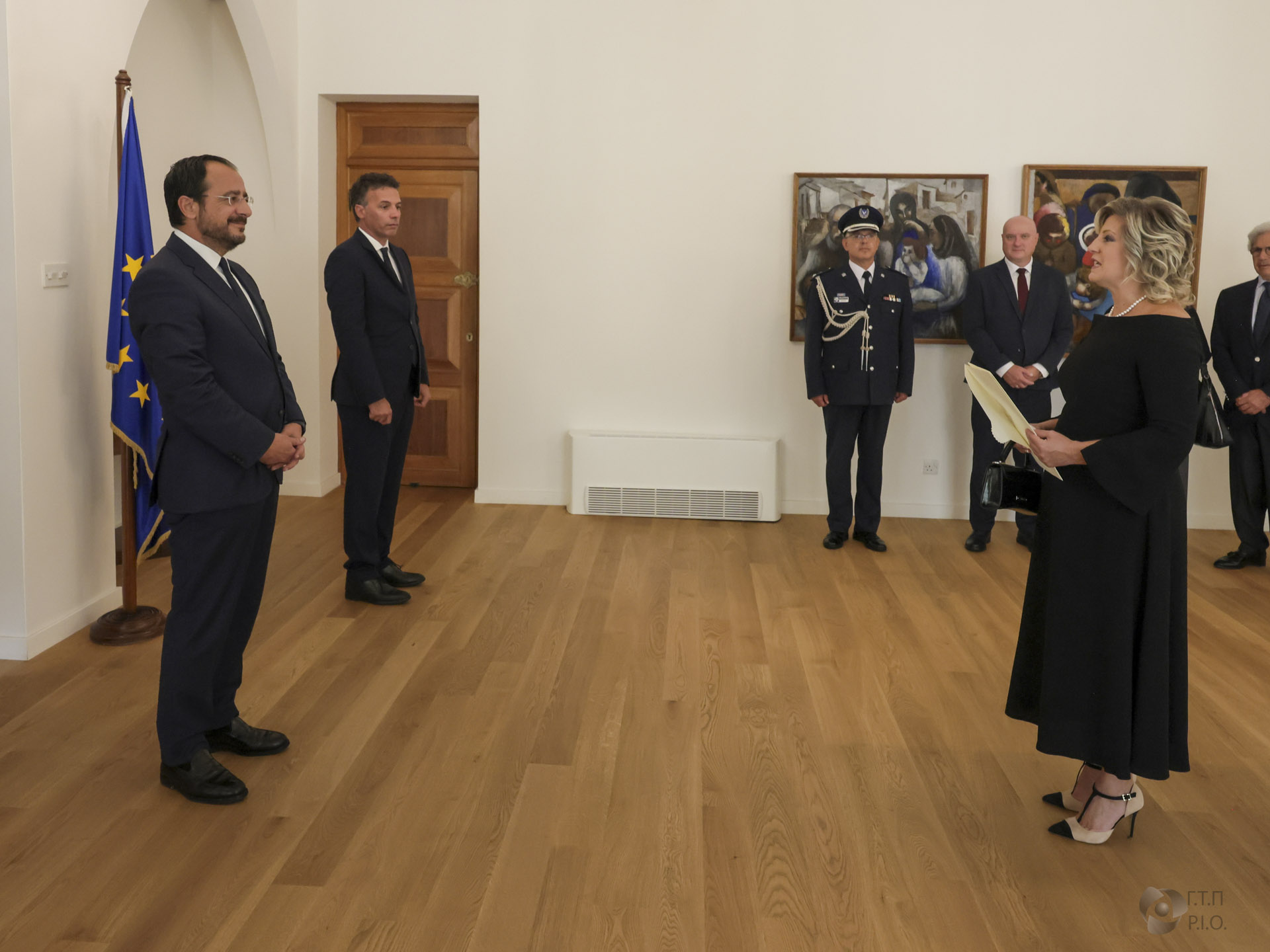Serbia will “never recognise the occupation [of Cyprus] as legal”, the country’s ambassador in Nicosia Suzana Boskovic-Prodanovic said on Monday.
Speaking to the Cyprus News Agency, she said Cyprus and Serbia “support each other especially when it comes to protecting their main national interests” and also made reference to the meeting between Cypriot President Nikos Christodoulides and his Serbian counterpart Aleksandar Vucic which was set to take place on the sidelines of the United Nations General Assembly in New York later the same day.
She said the peoples of Cyprus and Serbia are “connected by sincere friendship, a sense of solidarity and deep respect” and added that the two countries’ “historical experiences are similar”.
“Traditional values in our societies are also based on our common orthodox tradition,” she said, adding that “we support each other, especially when it comes to protecting core national interests.”
“In the entire Serbian political spectrum, not a single discordant tone can be found regarding its attitude towards the Republic of Cyprus. I am convinced that the situation is the same here as far as the Republic of Serbia is concerned,” she said.
Speaking in specifics about the Cyprus problem, she said, “we sincerely hope that the efforts of Christodoulides and other Cypriot politicians will bear fruit and that negotiations between the two communities will continue this autumn. A status quo which lasts for a long time does no one any good.”
She added, “with all the historical and political complexity of the Cyprus problem, for my country, this question is relatively simple. For the Republic of Serbia, there is only one Cyprus and there is an illegal occupation of part of the territory of the Republic of Cyprus, an occupation which we will never recognise as legal.”
With this in mind, she later said her country is “deeply grateful to the Republic of Cyprus for the consistent support it provides us regarding Kosovo in all the relevant international forums, especially at the UN, the European Union and the Council of Europe.”







Click here to change your cookie preferences